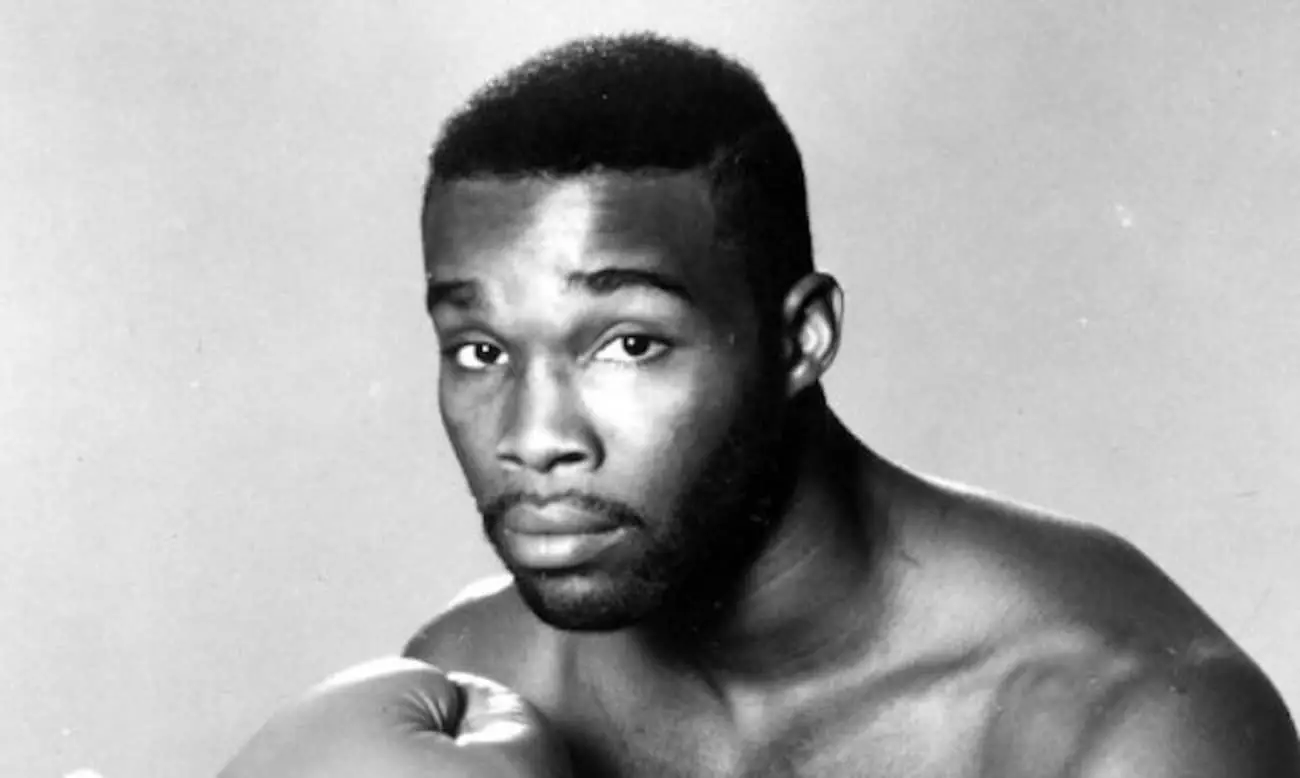There’s a certain nostalgia that envelops discussions of Michael Nunn—a fighter whose brilliance often seems overshadowed by the illustrious names that dominated the ring alongside him. Entering the professional ring in the late 1980s, Nunn was an epitome of athletic grace and boxing prowess, earning accolades as one of the most formidable middleweights of his time. His induction into the Hall of Fame this weekend feels like a long-overdue recognition, one that celebrates a talent whose peak was bright but fleeting.
Nunn, known affectionately as “Second To,” carved a niche for himself in an era populated by boxing legends like Sugar Ray Leonard, Marvin Hagler, and Roberto Duran—collectively referred to as the “Four Kings.” Despite his standing as a champion, his path was strewn with missed encounters that could have defined his legacy against these titans of the sport. It’s a poignant thought: what might have happened had he crossed weapons with Leonard or Duran? We can’t rewrite history, but the thoughts are tantalizing.
Mentorship and Misdirection
While many boxers gravitate towards formidable trainers seeking wisdom, Nunn had the good fortune of training under the legendary Angelo Dundee, a man whose experience in the ring was unparalleled. The irony lies in Nunn’s hesitation to face Marvin Hagler, who not only served as a mentor but also a fighter Nunn respected deeply. This dynamic is a clear reflection of Nunn’s character—noble and admirable. He articulated a sense of gratitude for the skills Hagler imparted upon him, emphasizing his reluctance to exploit that relationship for personal gain.
Nunn’s desire to fight Leonard, Hearns, and Duran instead speaks to his ambition as a fighter. He felt a compelling drive to establish himself in the ring against fighters who defined the very era of boxing he was part of. Unfortunately, despite Nunn’s impressive resume, which includes a remarkable amateur background and an undefeated streak, the high-profile bouts he craved remained tantalizingly out of reach. Instead, he was left battling less recognized opponents during a time when he should have been carving his name in the annals of boxing history against the elite.
The Apex and The Fall
By the time Nunn faced James Toney in May 1991, the world was keenly watching how this fight would pan out—Nunn was favored heavily, a testament to his dominant track record which had remained unscathed for many years. Yet, boxing can often be paradoxical, and Nunn’s unexpected defeat at the hands of a 20-to-1 underdog sent shockwaves through the boxing community. This loss was as defining as it was devastating, illustrating a fleeting apex that seemed all but assured to continue its upward trajectory.
It’s painful to recognize how close Nunn was to cementing his legacy through epic battles against legends who would bolster his already remarkable standing. To be stopped in late rounds while leading vividly exemplifies the unpredictable nature of boxing—a sport where glory and despair can share the same round. As fate would have it, Nunn’s opportunities for monumental matchups evaporated as quickly as they had arisen.
All-Star Clarity through Induction
Despite the “what-ifs” that cloud his narrative, Nunn’s journey is a testament to resilience and skill. His induction into the Hall of Fame alongside other greats such as Manny Pacquiao and Vinny Paz is not merely a nod to his past but a celebration of his poignant legacy in the sport. With a record that stands at an impressive 58 wins, 4 losses, and 38 knockouts, Nunn’s acclaim is well merited. The staggering statistic that only Toney managed to stop this warrior emphasizes his endurance.
To witness Nunn finally receive his deserved acclaim serves not just to honor a forgotten champion but invigorates discussions about other “what-could-have-beens” in boxing history. His story is a nuanced blend of triumph, mentorship, missed opportunities, and unexpected defeats—an embodiment of the stigmas that sometimes accompany great talents in sports. In reclaiming his narrative, we rediscover not just Michael Nunn, but a rich chapter of boxing that remains grappling with its past, yet ever hopeful of illuminating the complexity of its athletes.

